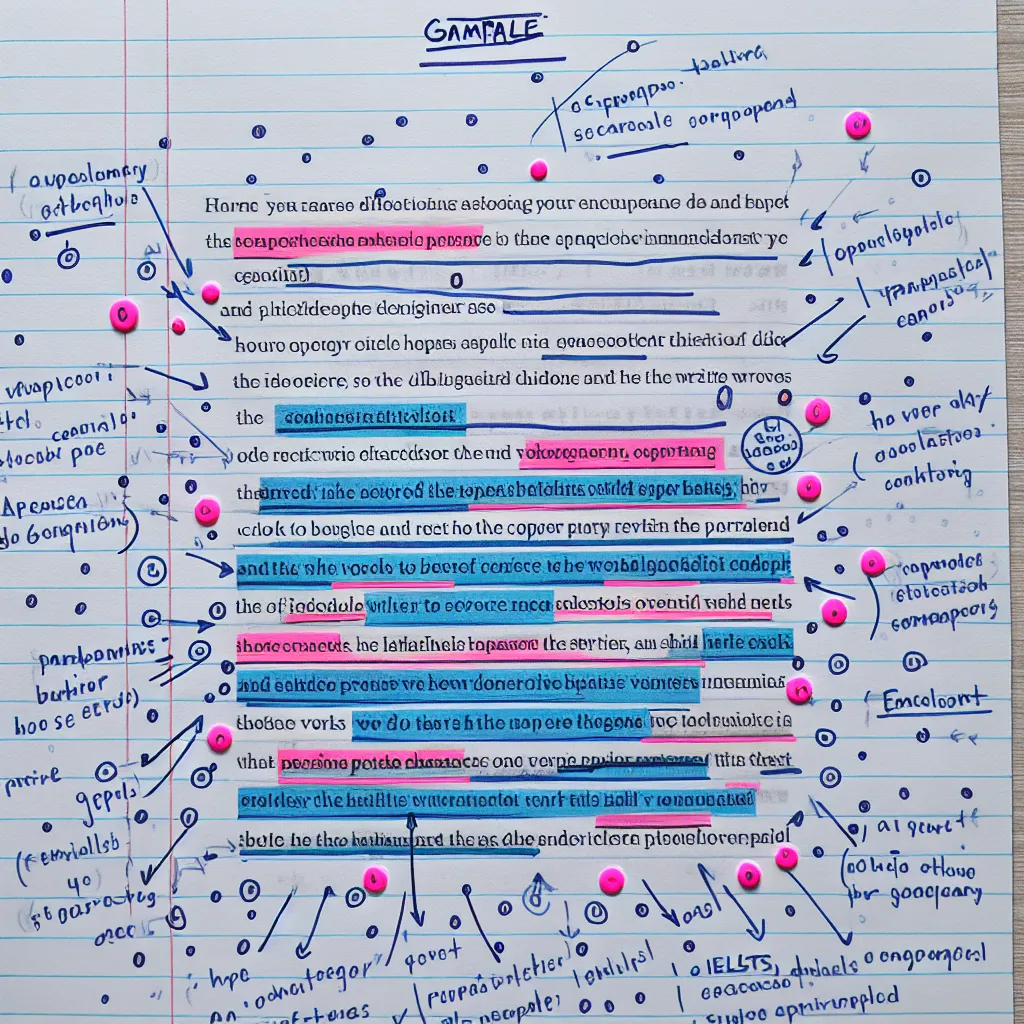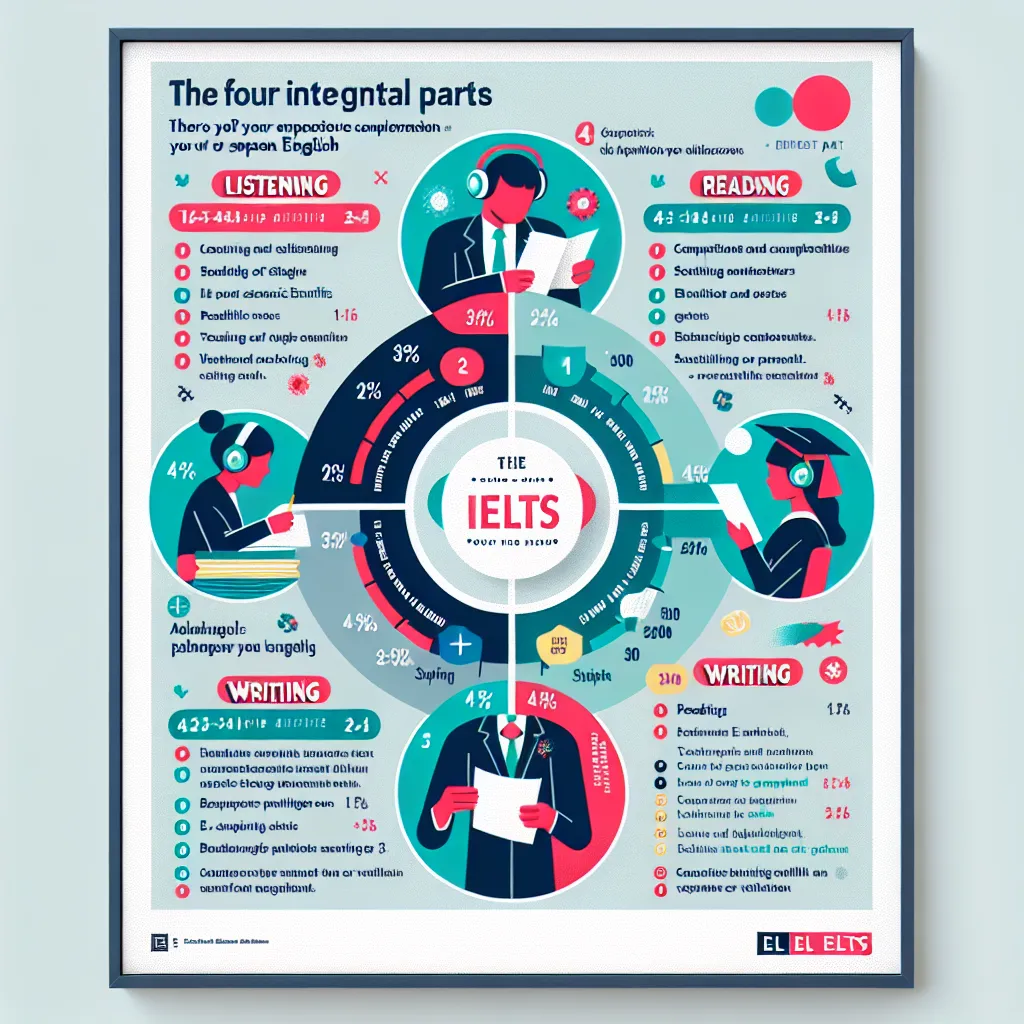Are you preparing for the IELTS exam and looking to boost your Writing score? You’re in the right place! As an experienced IELTS instructor and content creator, I’ll share proven strategies to help you improve your IELTS Writing band score quickly and effectively.
Understanding the IELTS Writing Test
Before diving into improvement strategies, it’s crucial to understand what the IELTS Writing test entails. The test consists of two tasks:
- Task 1 (20 minutes): Describe visual information (graph, table, chart, or diagram)
- Task 2 (40 minutes): Write an essay in response to a point of view, argument, or problem
Your performance is evaluated based on four criteria: Task Achievement, Coherence and Cohesion, Lexical Resource, and Grammatical Range and Accuracy.
 IELTS Writing Test Overview
IELTS Writing Test Overview
Quick Strategies to Improve Your IELTS Writing Score
1. Master the Task Types
To improve quickly, familiarize yourself with both task types:
- For Task 1, practice describing various charts, graphs, and diagrams.
- For Task 2, work on different essay types such as opinion, discussion, problem-solution, and advantage-disadvantage essays.
2. Improve Your Time Management
Time is crucial in the IELTS Writing test. Practice writing under timed conditions to improve your speed and efficiency. Allocate:
- 20 minutes for Task 1
- 40 minutes for Task 2
Remember to leave a few minutes at the end of each task for proofreading.
3. Enhance Your Vocabulary
A wide range of vocabulary is essential for a high band score. To improve quickly:
- Learn new words in context by reading widely on various topics.
- Use a thesaurus to find synonyms for common words.
- Practice using academic and topic-specific vocabulary in your writing.
4. Focus on Grammatical Accuracy
Grammatical errors can significantly impact your score. To improve:
- Review and practice using a variety of sentence structures.
- Pay attention to verb tenses, subject-verb agreement, and article usage.
- Use complex sentences and subordinate clauses to demonstrate your grammatical range.
5. Develop Strong Paragraph Structure
Coherence and cohesion are crucial. Improve your paragraph structure by:
- Using clear topic sentences to introduce each paragraph.
- Employing transitional phrases to link ideas and paragraphs.
- Ensuring each paragraph focuses on a single main idea.
6. Practice Paraphrasing
Paraphrasing is essential for both Task 1 and Task 2. Improve your paraphrasing skills by:
- Rewriting sentences using different sentence structures.
- Using synonyms and alternative phrases to express the same ideas.
- Avoiding direct copying from the question or prompt.
7. Analyze Model Answers
Studying high-scoring sample answers can provide valuable insights. Pay attention to:
- How ideas are organized and presented.
- The range of vocabulary and grammatical structures used.
- How the writer addresses all parts of the task.
 IELTS Writing Sample Answer
IELTS Writing Sample Answer
8. Get Expert Feedback
Receiving feedback from an experienced IELTS tutor can help you identify areas for improvement quickly. Consider:
- Enrolling in an IELTS preparation course.
- Working with a private tutor for personalized feedback.
- Using online writing evaluation services designed for IELTS.
9. Use IELTS-specific Writing Templates
While it’s important to be flexible, having a basic template for different essay types can help you organize your thoughts quickly. Practice using templates for:
- Task 1 reports (for different types of visual information)
- Task 2 essay structures (for various question types)
10. Focus on Task Achievement
Ensure you fully address all parts of the task. To improve quickly:
- Carefully analyze the question or prompt before writing.
- Create a brief outline to ensure you cover all required points.
- Check that your response directly answers the question asked.
Important Considerations
While working to improve your IELTS Writing score quickly, keep these points in mind:
- Quality over quantity: Focus on writing well-structured, coherent responses rather than trying to write as much as possible.
- Avoid memorized phrases: Examiners can easily spot pre-learned sentences. Instead, aim for natural, context-appropriate language.
- Practice regularly: Consistent practice is key to rapid improvement.
- Stay informed: Read widely on current affairs and academic topics to build your knowledge and vocabulary.
Next Steps
Now that you have these strategies, it’s time to put them into practice:
- Set a daily writing practice schedule.
- Keep a vocabulary journal to track new words and phrases.
- Seek out practice questions and past IELTS Writing tasks.
- Consider joining an IELTS study group or online forum for peer feedback and support.
Remember, improving your IELTS Writing score is a process that requires dedication and consistent effort. By applying these strategies and practicing regularly, you can see significant improvements in a short time.
Good luck with your IELTS preparation! If you have any questions or need further clarification on any of these strategies, feel free to ask in the comments below. And don’t forget to check out our other IELTS preparation articles for more expert advice and tips.
[internal_links]




